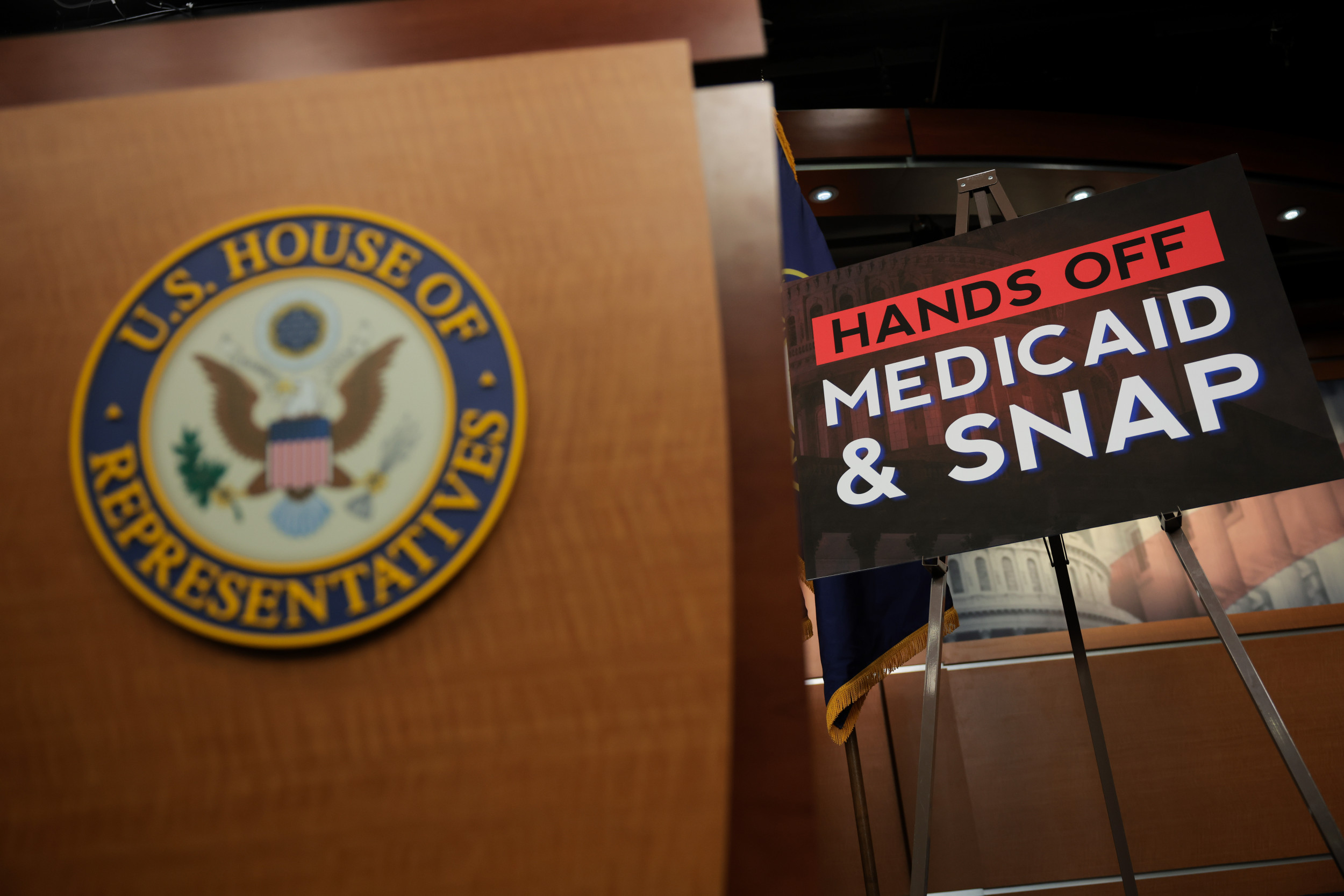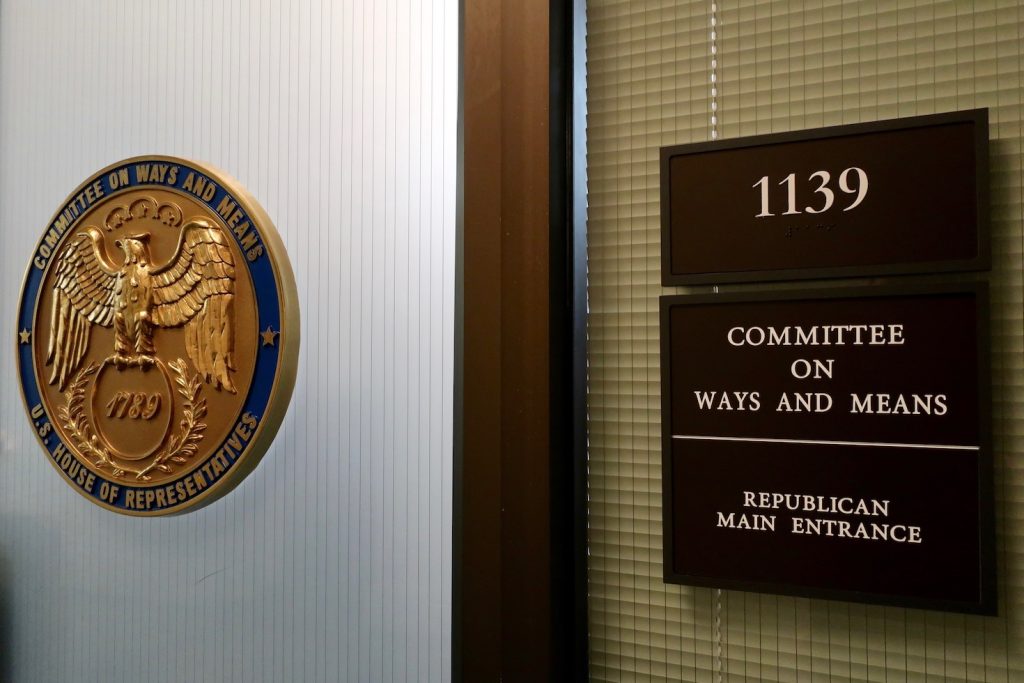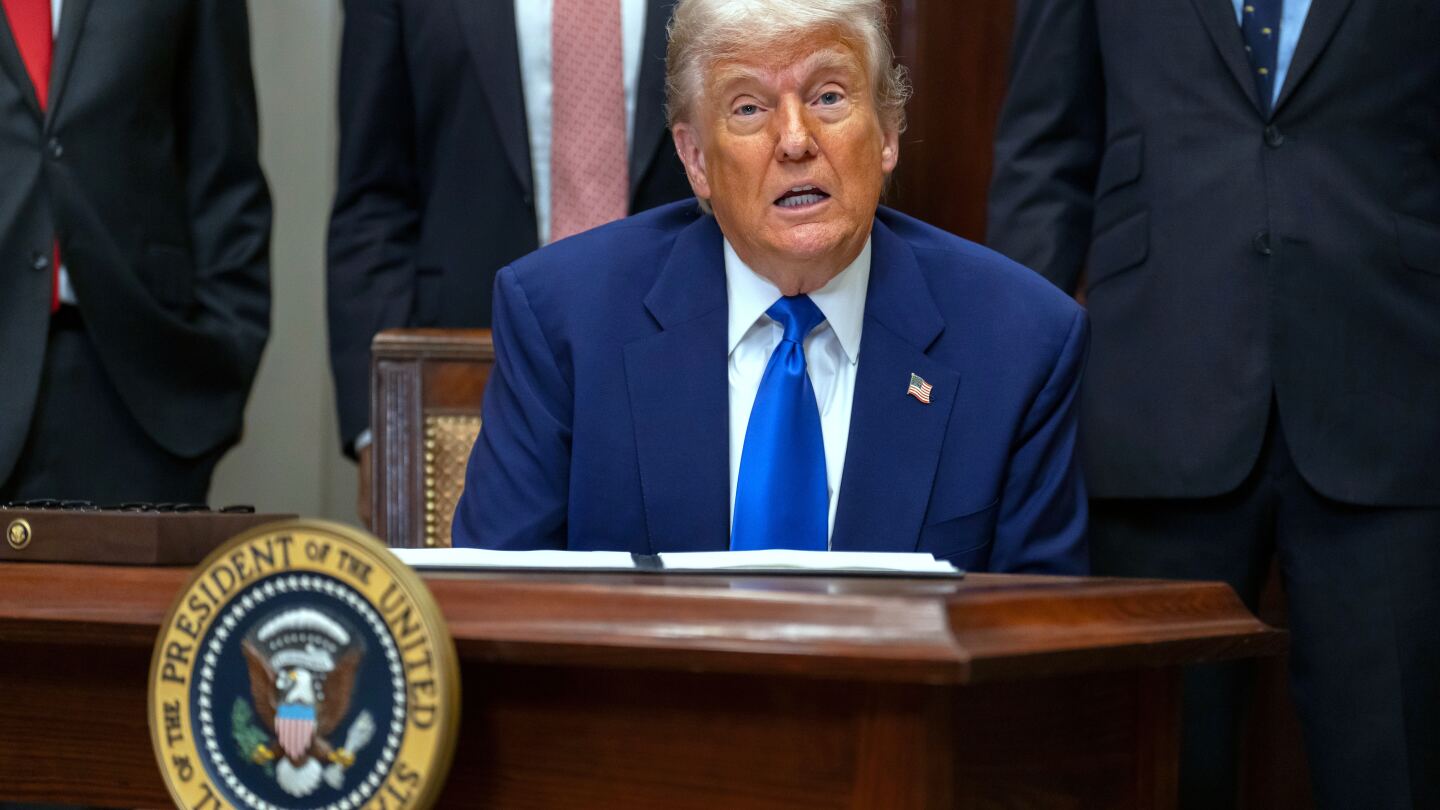Now Reading: Medicaid Change Could Save Taxpayers $30 Billion
-
01
Medicaid Change Could Save Taxpayers $30 Billion
Medicaid Change Could Save Taxpayers $30 Billion

The Centers for Medicare & Medicaid Services (CMS) is planning to close a long-standing “tax loophole” in Medicaid financing, which they estimate could save federal taxpayers over $30 billion in the next five years. The regulatory change would prevent states from imposing targeted taxes on managed care organizations’ (MCOs) Medicaid operations to receive higher federal reimbursements.
While CMS sees this as a necessary step to prevent inflated Medicaid spending and misuse of federal funds, Dr. Susan Dorr Goold from the University of Michigan has raised concerns about the abrupt policy change not allowing enough time for states and providers to adjust.
The practice of using these “loophole taxes” to increase federal matching funds has been criticized as a way for states to access more Medicaid funds while diverting resources for other purposes, such as providing benefits for certain groups like illegal immigrants.
The proposed rule aims to eliminate the taxing of Medicaid business at higher rates, tighten regulations on Medicaid-specific taxes, and provide a transition plan for states with existing waivers. CMS projects significant savings for taxpayers if these financing tactics are curbed, as unchecked expansion could lead to excess Medicaid costs of over $74 billion in the next five years.
Dr. Goold and Laura Wherry from New York University both emphasize the importance of evaluating how states fund their Medicaid programs and the potential impacts of these changes on state budgets, enrollment, and healthcare providers. CMS Administrator Dr. Mehmet Oz stated that the rule is aimed at ensuring federal Medicaid dollars are used for essential healthcare services for vulnerable Americans, rather than for other purposes.
The public has until July 14, 2025, to comment on the proposed rule, which is available for review in the Federal Register.






